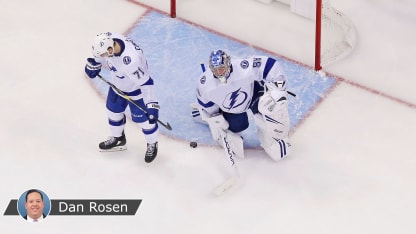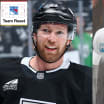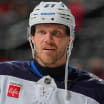That's a lot of come-from-behind wins. And that's not typically a recipe for sustained success in the playoffs.
The Lightning went 11-3-0 after clinching a playoff berth on March 8, so it was hard to argue when they lauded their ability to handle success. But they allowed 43 goals in those 14 games, 3.07 per game. You typically don't win in the playoffs when you allow that many goals, especially when that's how you're playing going into the playoffs.
"It's easy to poke holes and say the pucks were going in the net, and you're right, they were," Cooper said. "And that can be masked a little bit by the fact we won a bunch of games. There were different things that came into play too."
Like players going for personal milestones, including forward Nikita Kucherov's chase of the NHL record for most points in a season by a Russian-born player. He got it in the 82nd game to finish with 128 points (41 goals, 87 assists), one more than Alexander Mogilny's 127 (76 goals, 51 assists) in 1992-93.
Tampa Bay was chasing the NHL wins record and eyeing the record for most points in a season, 132, set by the 1976-77 Montreal Canadiens. It finished with 128.
Meanwhile, the Blue Jackets were playing aggressive, physical, structured and disciplined hockey to fight their way into the playoffs. They were playing playoff hockey before the playoffs began.
"The Presidents' Trophy won't help any team to win in the playoffs," goalie Andrei Vasilevskiy said. "[The Blue Jackets] brought hard work and attitude."
The Lightning brought a regular-season mentality that cost them Game 1, when they had a 3-0 lead and Columbus on the ropes after 20 minutes. They lost 4-3. They never recovered.
"I think there was a little bit of arrogance in the way we played offensively," Cooper said. "To that, we're culpable because instead of winning the game 3-0 or 3-1, we wanted to win it 6-1."
That may not have happened if they had established a playoff mentality and edge in the regular season.
The teams that win in the Stanley Cup Playoffs usually can look back to a point in the regular season when they adapted, changed, found a way and took off. The Lightning never felt they had to adapt because they kept winning.
In the end, it's the reason they lost.






















